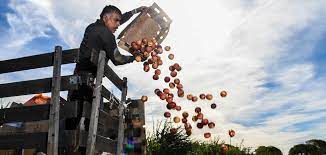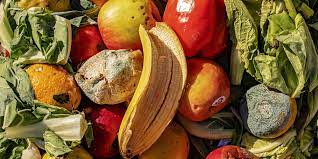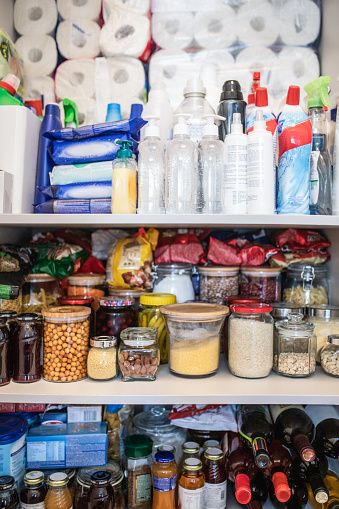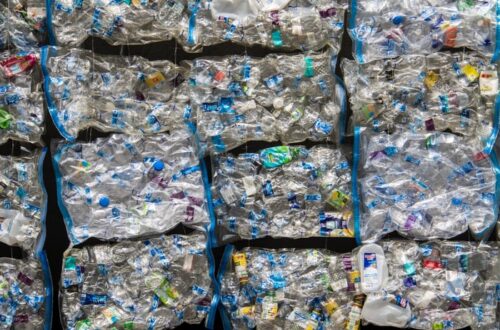Will COVID-19 panic-buying and hoarding kill food waste reduction goals?
Besides yesterday’s creation of new ‘vegan’ burgers that aren’t actually suitable for vegans, there has been an environmental issue on the rise that has recently been dominating sustainability conversations. That issue is food waste.
In 2005, the Food and Agriculture Organization of the United Nations (FAO) estimated that one third of all food goes to waste. One doesn’t have to look too far to come across an instance of this waste. In fact, its currently more prevalent than ever in the wake of COVID-19 hoarding that has cleared out shelves of perishable and non-perishable foods.
Now more than ever, food waste is becoming increasingly more concerning. QSR reported that about 1.3 billion tons of food are wasted each year around the world. Additionally, more than 70 percent of food waste occurs before it even gets to a customer’s plate. Around 45 percent of all fruit grown is wasted.

As we observe the impending outcome of the COVID-19 outbreak we are left wondering what it’s impact will be on food insecurity, the economy, and the environment. USN reported that a new study showed a relationship between wealth and food waste. Specifically, findings revealed that waste grows, initially increasing quickly with rising wealth, and then at much slower rates at higher levels of wealth. Hence, the findings suggest that reducing waste globally requires that the focus be on preventing waste levels from rising rapidly in lower-middle income nations where wealth is increasing.
How do these findings relate to COVID-19?
International Policy Digester reported that with 41 million Americans facing food insecurity, it’s not a stretch to say that this problem is a crisis. Hence, in the midst of the COVID-19 pandemic this is even more concerning.
412FoodRescue.org just issued the following statement. “With many businesses shutting their doors… access to food has never been more difficult for many members of our community. Whether it’s students who have been isolated from their only meals of the day, elders in our community who are at-risk every time they leave home, or the many who have recently lost their jobs due to this crisis, we are seeing an unprecedented need.”
Meanwhile, in response to unprecedented instances of hoarding Politico reported that during a recent news conference, Trump stated the following. “You don’t have to buy so much. There’s no need for anybody in the country to hoard essential food supplies.” Additionally, after speaking with leading grocery chain executives, Trump assured Americans that grocers would remain open and that the supply chain remained healthy.

Nonetheless, despite all the assurances the herd instinct has seemingly kicked in. Now this pandemic has resulted in people suspending judgement and instead doing what everyone else is doing. In this case, that consists of following the herd and panic-buying food.
Now we are left wondering how will COVID-19 ultimately impact food waste? In the end, will people have bought way more than they could timely consume, resulting in an all time high amount of wasted food? Or will we end up being in for a while making doomsdayers all the wiser?
What do you think? Will COVID-19 panic-buying and hoarding kill food waste reduction goals? Has it impacted your zero waste habits?





